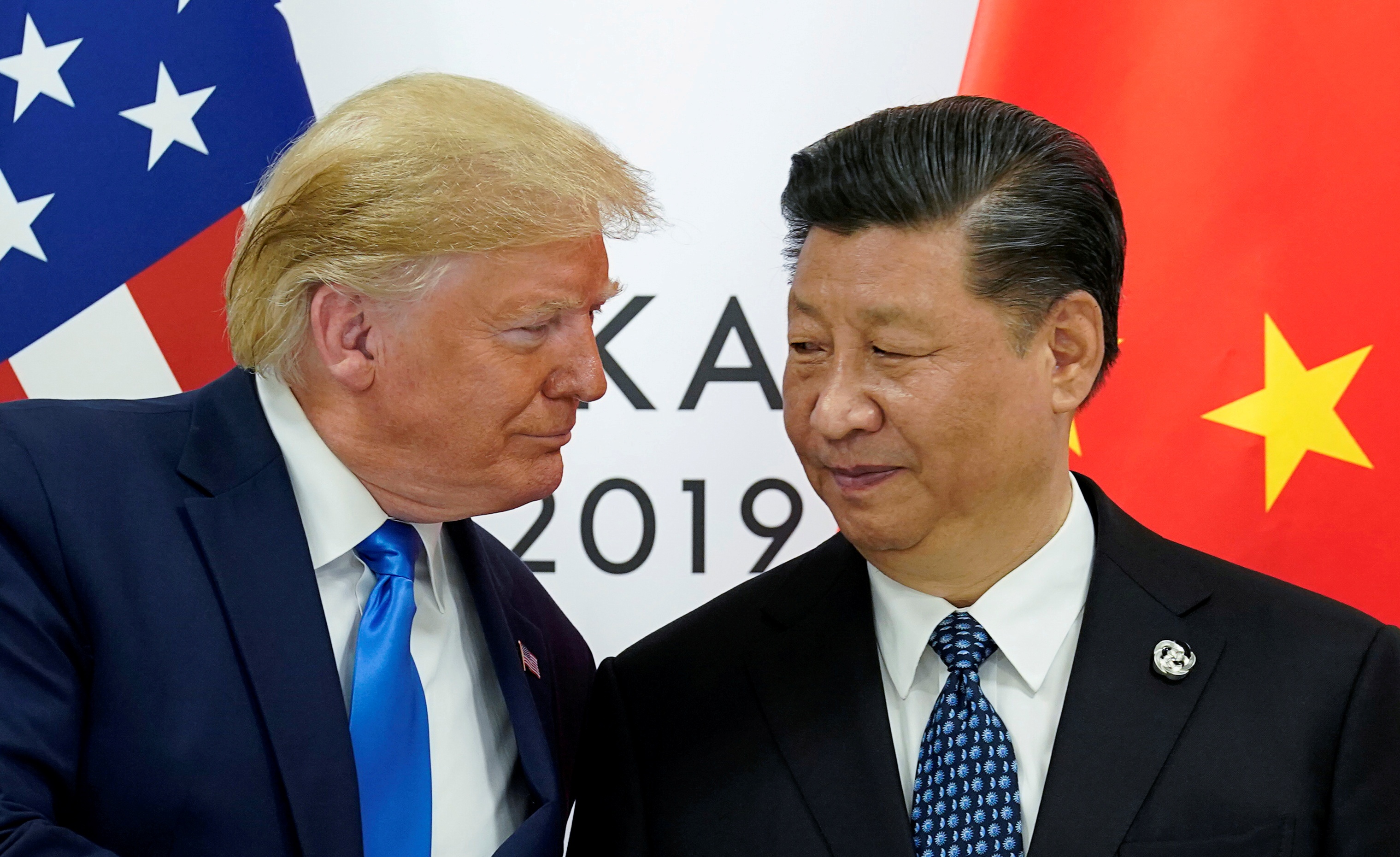The 14th Summit of the G-20 states was held in Osaka, Japan for two days (July 5-6) with the participation of the leaders from 19 industrialized countries and the EU president. The meeting was attended by 20 major economies of the world. At the Japan Summit, US President Donald Trump met with almost all the members of the G20, but some of these meetings were more significant and noteworthy.
In every meeting, Trump held with G20 leaders a special issue was highlighted. Of course, the most important issue that cast a shadow on the Summit was the trade war between the United States and certain other countries, especially China. The US-China trade war is important for other countries because it leaves a negative impact on the world economy, drags the economy towards insecurity and a feeling of uncertainty, reduces global growth, and the fact that oil prices are steadily declining shows that global growth is low or there is no trust in the future.
So far, different trade talks between the United States and China have been conducted, including one in May which produced no results. So, after the talks failed in May, the United States imposed new tariffs on Chinese goods, and China retaliated at a lower level; but at the G20 meeting in Japan, the two sides agreed not to set tariffs on each other’s commodities so that trade talks between them could resume. In addition to the US-China trade war, there were also debates on Washington’s trade disputes with Europe, India and Latin America, but they were less covered.
At the Osaka Summit, the European Union was able to finalize its trade relations with Latin America, which could be cited as one of the achievements of the G20 Summit.
Among the other issues that were considered at the G20 Summit was the North Korean debate; in this regard, before the start of the Osaka meeting, the President of China had a trip to Russia and then to North Korea and held disarmament talks with Pyongyang officials. Beijing was seeking to send Washington a message that it could play a significant role in North Korea’s nuclear disarmament, provided that the United States stops the trade-economic war on China and, in particular, lifts the sanctions on China’s IT giant Huawei.
In fact, Beijing’s goal was to use the talks as a concession and this led Trump to follow up renewing a meeting with the North Korean leader Kim Jong-un. Of course, since Pyongyang officials have already complained about the presence of the US Secretary of State Mike Pompeo and White House National Security Advisor John Bolton in the talks, Trump made arrangements so that they would not attend the last meeting with Kim and only the two leaders were present. In the meeting, Kim Jong-un and Trump agreed to resume talks on nuclear disarmament.
The third issue raised on the fringe of the G20 Summit was that of maritime security; specifically at the Gulf of Oman and the Strait of Hormuz. Following the recent events in the region and the Fujairah incident and the attacks on the oil tankers, the United States took the opportunity to bring countries under its cover on the excuse of maritime security.
As a result, various American officials began consultations in this regard before the start of the G20 Summit; Brian Hook (US special representative on Iran) traveled first to the Middle East and then to Europe; the US acting secretary of defense traveled to Europe, and Mike Pompeo traveled first to the Persian Gulf, then to India and Australia. Washington officials at the G20 meeting stressed that mechanisms should be devised to ensure maritime security. The Americans also made suggestions in this respect but they have not been accepted by Europe yet. The European side argues that the US suggestions can increase insecurity in the region and are in some way a threat to Iran.
The fourth issue, which was discussed in brief on the sideline of the G20, was the issue of the Islamic Republic of Iran’s nuclear program including expression of some stances in this regard. Perhaps the main reason the issue was raised to some extent was that after the Japanese prime minister returned from Iran, he met with Trump in Osaka to evaluate Iran’s outlook; but the issue of Iran at the Osaka Summit was not a very serious issue. In fact, the serious issue raised in relation to the Islamic Republic of Iran at the G-20 Summit was more about the security of navigation in the Persian Gulf.










0 Comments